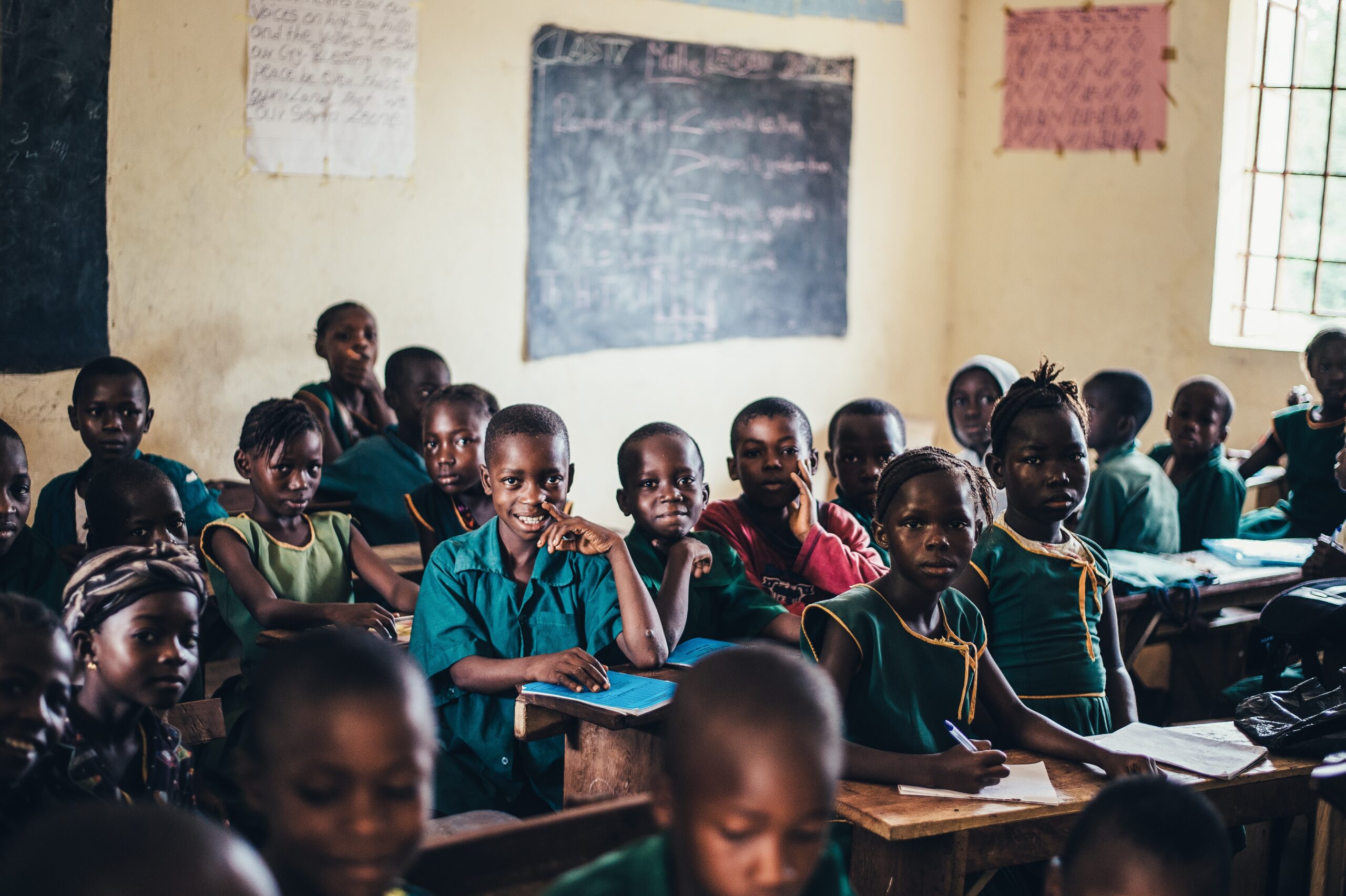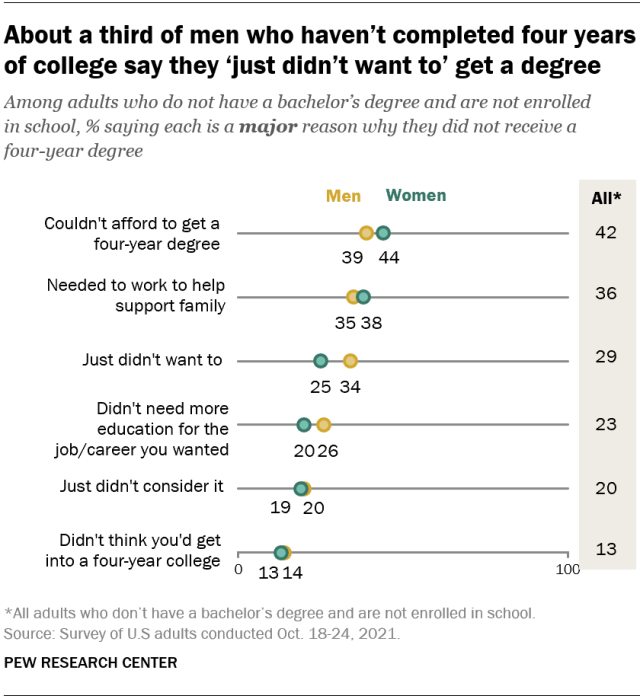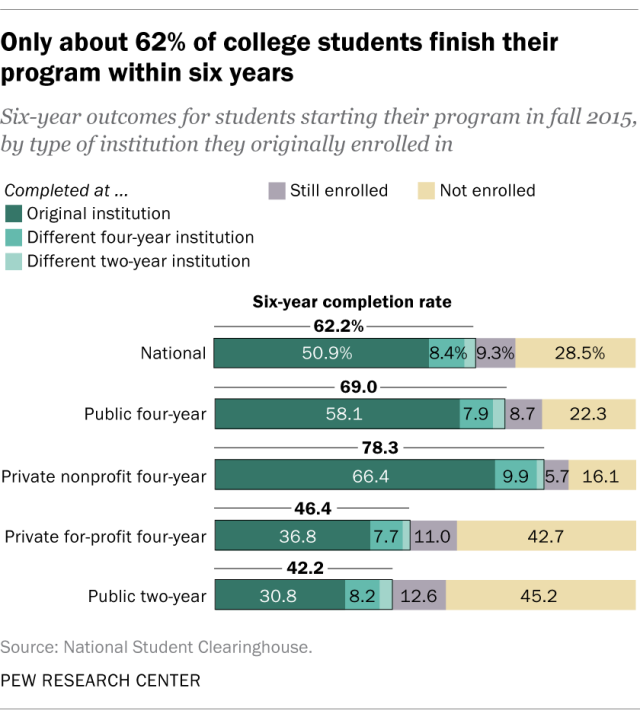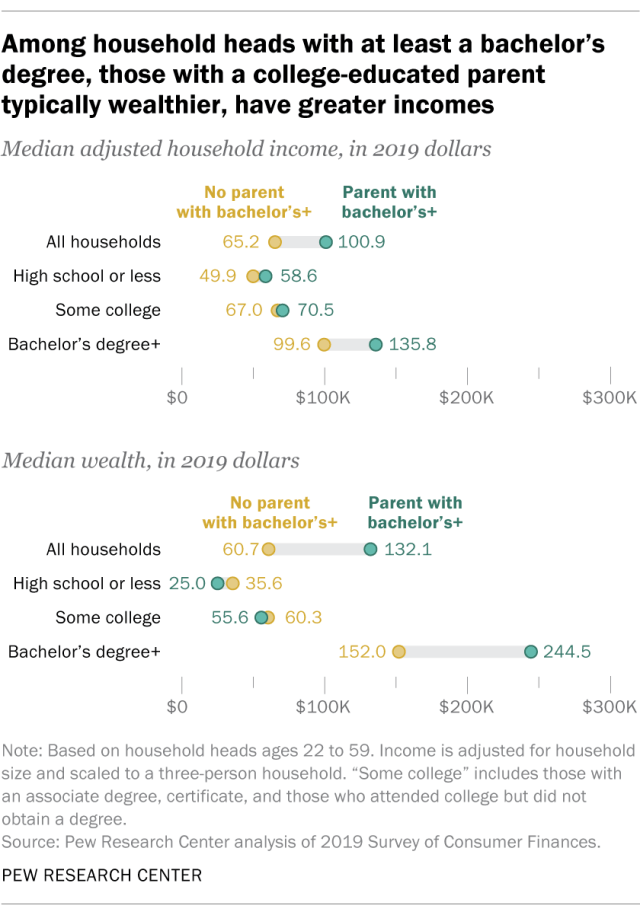Is Education Only for the Privileged?

Let me start with quality education is something that not every child can access in the world today. Because limited resources and funds strain public education systems in underdeveloped and developing countries. So quality education is often not free. But it is also a basic right of any child. In poor countries, parents often have to choose between their child’s education and earning money for the family. Then higher education is often out of reach for families in many economies, even in developed countries like the United States. So this post let’s explore the question is education only for the privileged?
“Education is the passport to the future, for tomorrow belongs to those who prepare for it today.”
~ Malcolm X
Contents
- 1 Related Posts on Is Education Only for the Privileged?
- 2 Is Education Only for the Privileged?
- 3 Why Children Don’t Get Primary Education
- 4 Why People Don’t Get Higher Education
- 5 Why People Struggle to Complete Higher Education
- 6 Is Education Only for the Privileged?
- 7 Conclusion on Is Education Only for the Privileged?
Related Posts on Is Education Only for the Privileged?
- How to Learn English in Developing Countries
- 10 Drivers For Finding Fulfillment in Life
- 6 Ways to Break the Vicious Cycle of Poverty
- How to Break the Circle of Money
- 6 Conditions for Happiness Even Being Poor
Is Education Only for the Privileged?
Education ideally should be for everyone, but socioeconomic inequalities often limit access. Often, affluent individuals have more educational opportunities. This is because of financial resources, quality institutions, and additional support. So bridging this gap is crucial for a more equitable society and equal access to educational benefits.
Why Children Don’t Get Primary Education
Based on the UNESCO report, 58 million primary school-age children are not in school. They are primarily in low-income and developing regions, particularly in sub-Saharan Africa and South Asia. Often, poverty, lack of infrastructure, armed conflict, political instability, gender inequality, and cultural barriers make it hard for children in these areas to receive an education.

In impoverished economies, often access to primary education is a privilege. Since it might be hard to fathom if you live in developed countries and have not seen poverty closely. Addressing these challenges requires collective efforts from governments, communities, and international organizations. Further, states need to improve education and policies to ensure every child gets a primary education. Because education is a fundamental right that plays a crucial role in shaping a brighter future for individuals and society. So let’s inspect some of the key reasons:
Poverty
Economic limitations are one of the primary barriers to education. Poor families struggle to pay for school fees, uniforms, textbooks, and supplies. As a result, children cannot attend school and miss out on foundational learning opportunities.
Lack of Infrastructure
In some regions, especially rural areas, the lack of proper school infrastructure poses a significant challenge. Lack of school infrastructure makes it hard for kids to go to school.
Gender Inequality
Gender discrimination is still preventing girls from getting an education in some parts of the world. Girls often can’t go to school because of societal norms, early marriages, cultural biases, and safety issues. This limits their education and empowerment.
Conflict and Instability
Conflict-affected areas face significant challenges in educating children. Displaced children struggle to attend school regularly because of disruptions and destruction.
Lack of Qualified Teachers
The shortage of well-trained and qualified teachers is another factor that hampers access to education. Overcrowded classrooms and lack of teacher support make school less appealing for children.
Discrimination and Social Exclusion
Children from marginalized communities often face discrimination and have limited access to education. Language barriers, cultural differences, and lack of inclusive policies contribute to their educational disadvantage.
Why People Don’t Get Higher Education
In a developed country like the US per the U.S. Census Bureau in 2021, the highest level of education of the population age 25 and older in the United States is:
- 8.9% had less than a high school diploma or equivalent.
- 27.9% had high school graduate as their highest level of school completed.
- 14.9% had completed some college but not a degree.
- 10.5% had an associate degree as their highest level of school completed.
- 23.5% had a bachelor’s degree as their highest degree.
- 14.4% had completed an advanced degree such as a master’s degree, professional degree or doctoral degree.
This data shows that 62.1% of the population age 25 and older in the US don’t have a bachelor’s degree. That is a stark reality for the largest economy in the world. The primary reason being couldn’t afford to get a four-year degree. That begs the question is education only for the privileged?

Why People Struggle to Complete Higher Education
Seeking higher education comes with many obstacles. Consider factors like finances, work-life balance, academics, health, motivation, personal circumstances, support, preparation, discrimination, and rigid education systems. These factors can impede progress and deter individuals from achieving their educational goals. Again, that begs the question: is education only for the privileged?

Is Education Only for the Privileged?
Moreso, the bigger question is if accessing education is a vicious circle? First-gen college grads find it harder to earn money and build wealth than those with college-educated parents. So if your parents didn’t go to college, then your chances of higher income or wealth accumulation are slimmer. Now that begs then how can one break the vicious cycle of accessing education? Again, is education only for the privileged?

Conclusion on Is Education Only for the Privileged?
Education may seem more accessible to the privileged because of inequalities and disparities. Wealthy families can invest in top-notch education for their children. Meanwhile, marginalized communities may lack access to quality educational institutions, resources, and educational support. Expensive education costs make it difficult for those with low incomes to pursue education, limiting their options. This emphasizes the urgent need for fair educational reforms that aim to close the gaps in access to education.

Leave a Reply
You must be logged in to post a comment.